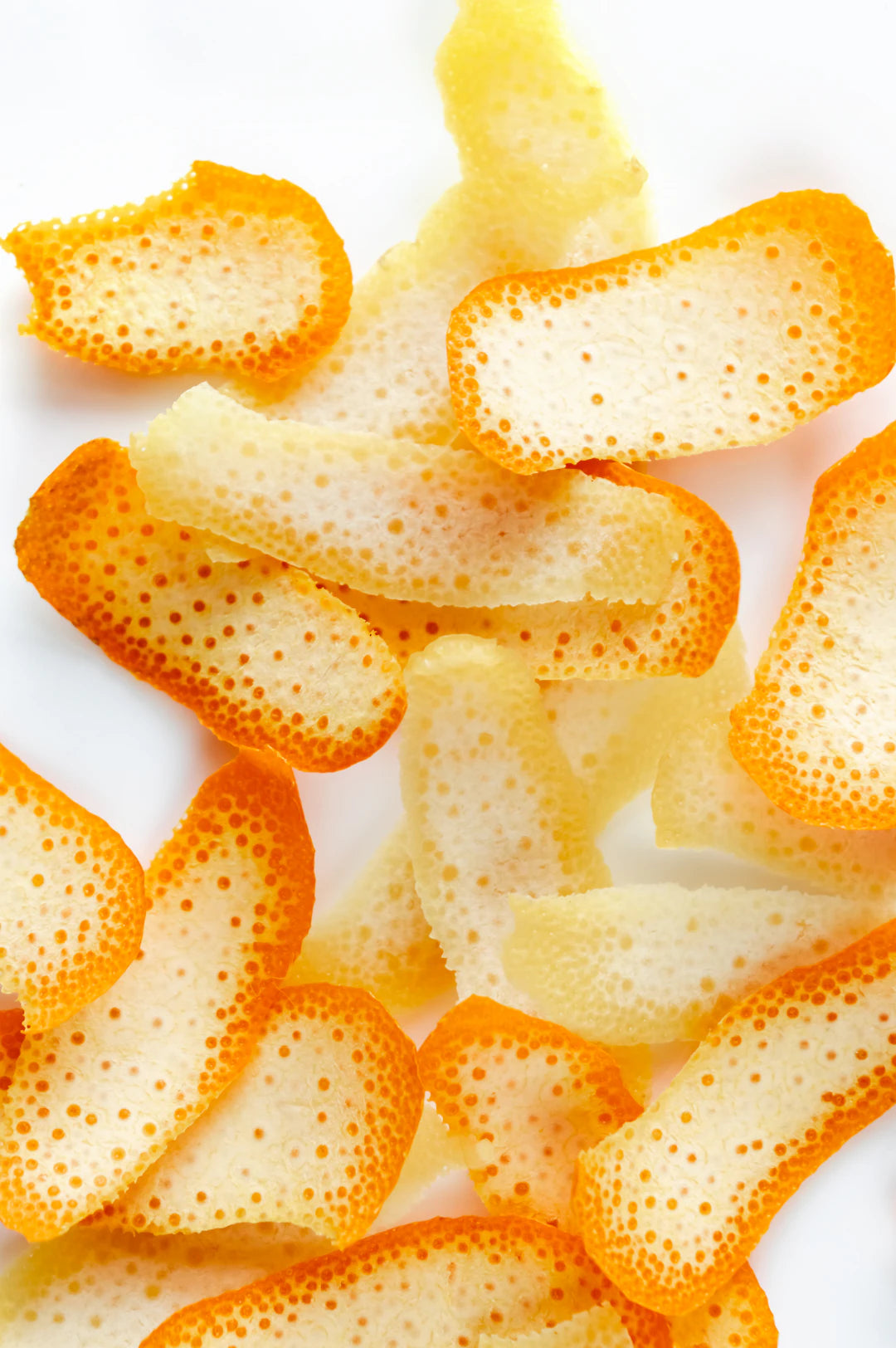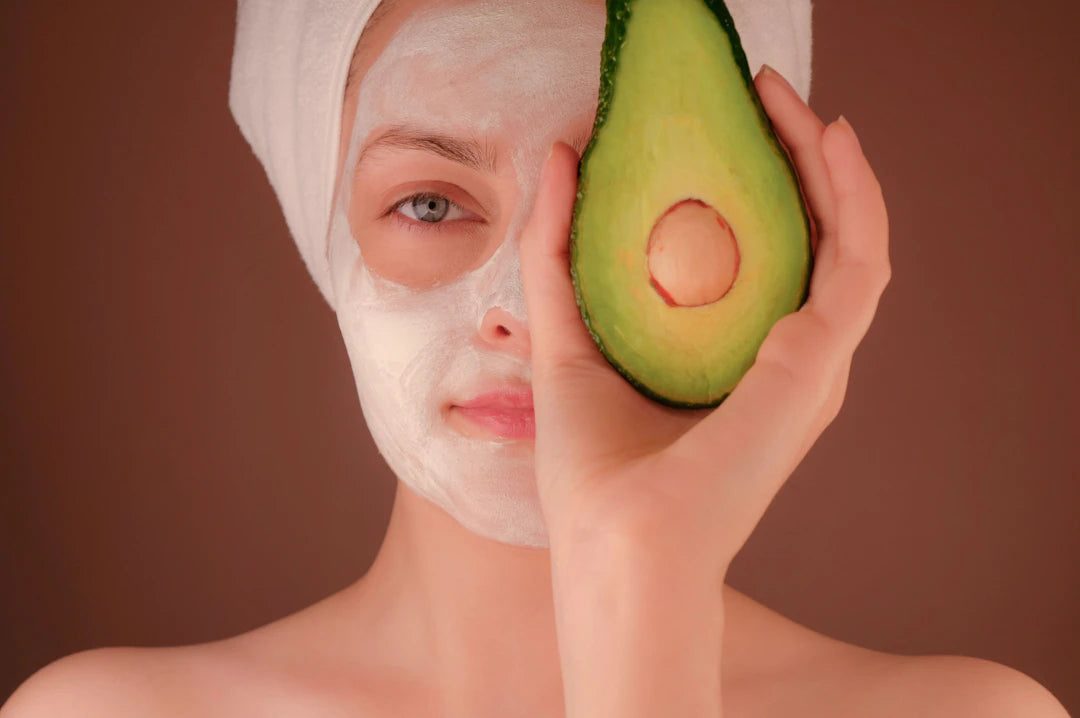The Transformative Power of Diet on Your Skin Health

Frequently Asked Questions
1. How does diet affect skin health?
2. What are some essential nutrients for maintaining healthy skin?
3. Which foods are best for promoting glowing skin?
4. What foods should be avoided for optimal skin health?
5. What role does hydration play in skin health?
When it comes to maintaining radiant and youthful skin, the regimen often revolves around skincare routines, topical products, and consistent self-care. However, what if the secret to your skin's vitality lies much deeper? It's time to explore how your diet significantly impacts your skin health. The relationship between what we eat and the condition of our skin is too vital to overlook, affecting everything from hydration to elasticity. Let's delve into the intricate connections and how you can harness the benefits of a healthy diet for beautiful skin, including sensitive areas like the décolleté.
Your Skin: A Reflection of Your Diet
Your skin is the largest organ of your body, and just like any other organ, it functions best when it receives the proper nutrients. What you consume can directly influence your skin’s texture, tone, and overall appearance. Poor dietary choices can lead to various skin issues including acne, dryness, and premature aging. On the other hand, a nutritious diet can result in glowing, resilient skin that reflects your inner health.
Certain nutrients play a pivotal role in maintaining skin health. Here are some of the most crucial components:
- Vitamins: Vitamins like A, C, and E are vital for skin repair and maintenance. They help in reducing oxidative stress, promoting collagen production, and combating aging.
- Omega-3 Fatty Acids: These healthy fats are essential for keeping your skin hydrated. They can help to lock in moisture, reducing dryness and flakiness.
- Antioxidants: Foods rich in antioxidants combat free radicals, which can damage skin cells and accelerate aging. Berries, nuts, and dark chocolate are excellent sources.
- Hydration: Water is essential for keeping your skin plump and healthy. Staying hydrated also helps flush out toxins that can lead to blemishes.
Now that we've touched on the essential nutrients, let's look at specific foods that can enhance your skincare regimen.
Fruits and Vegetables
Fruits and vegetables are packed with vitamins, minerals, and fiber that support skin health. Consider integrating the following into your diet:
- Avocados: Rich in healthy fats and vitamins E and C, avocados nourish the skin and promote elasticity.
- Tomatoes: They are a great source of lycopene, which can protect your skin from the sun's harmful rays.
- Spinach: Packed with iron and antioxidants, spinach can enhance blood circulation, delivering more nutrients to your skin.
Whole Grains
Whole grains like brown rice, quinoa, and oats are fantastic sources of B vitamins, which help in skin repair and cell turnover. They also regulate blood sugar levels, preventing unbalanced hormones that contribute to acne.
Nuts and Seeds
Nuts and seeds are excellent sources of healthy fats. Walnuts, chia seeds, and flaxseeds are high in omega-3 fatty acids, which help maintain skin hydration and elasticity. Additionally, they contain zinc, which is crucial for skin healing.
Foods to Avoid for Optimal Skin Health
Just as there are foods that can boost your skin health, certain items can lead to adverse effects. Being mindful of these can help you maintain a clear and vibrant complexion.
Processed Sugars
High sugar consumption can lead to inflammation, contributing to acne and other skin problems. When sugar enters the bloodstream, it can cause insulin spikes that disrupt hormone balance, leading to breakouts.
Trans Fats
Found in many processed foods, trans fats can cause inflammation and skin issues. These unhealthy fats are often linked to premature aging and dull skin, making them wise to avoid.
Dairy Products
For some, dairy can contribute to acne breakouts. If you find that your skin reacts adversely to dairy, consider cutting back and opting for plant-based alternatives.
The Role of Hydration in Skin Health
While diet plays a significant role in skin health, hydration is equally essential. Drinking enough water daily helps maintain skin elasticity and hydration. It's an integral part of any effective skincare routine, as it supports every cell and function in your body.
Cleansing from Within: The Detox Diet
Occasionally, the skin might reflect underlying issues such as toxins or an imbalance within the body. A detox diet based on whole foods can help cleanse your system and improve your skin. Consider incorporating:
- Fresh Juices: Green juices made with kale, spinach, and cucumber can provide a concentrated dose of vitamins.
- Herbal Teas: Dandelion or chamomile tea helps in detoxification and reducing inflammation.
- Fermented Foods: Foods like yogurt, kefir, and sauerkraut promote gut health, which is directly linked to skin clarity.
Supplementing Your Skincare
Sometimes, it may be advantageous to supplement your diet with vitamins and minerals known for their skin benefits. Common supplement choices include:
- Collagen Supplements: Supporting skin elasticity and hydration.
- Vitamin D: Essential for overall skin health and regulating skin cell production.
- Probiotics: To support gut health, directly impacting skin condition.
Skin Care Beyond the Plate
While diet is critical, a holistic approach to skincare should include comprehensive skincare routines. This includes daily cleansing, moisturizing, and sun protection. Specialized care for areas like the décolleté should not be neglected. The neck and chest area often show signs of aging faster than other areas due to thinner skin. Incorporating a targeted décolleté skin care product can nurture this often-overlooked area, ensuring that your skincare extends beyond just the face.
The Importance of Regular Skincare Routines
Effective skincare routines complement a healthy diet. Invest time in researching products that match your skin type and concerns, focusing on natural ingredients that promote healing and nourishment. Regularly exfoliating and hydrating the décolleté area will not only improve its appearance but maximizes the effects of your dietary efforts.
Final Thoughts: Unlocking Radiant Skin Through Diet
Ultimately, the cascading effects of a balanced diet on your skin health are undeniable. Nutrient-rich foods combined with hydration and effective skincare routines lead to visibly healthier skin, inside and out. By making mindful dietary choices, you take strides toward achieving the radiant, youthful skin you’re aiming for. The journey to healthier skin doesn't end just at your skincare cabinet; it extends to your plate. Embrace this transformative journey, and you'll be rewarded with the gift of glowing skin.


